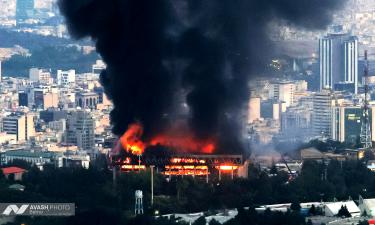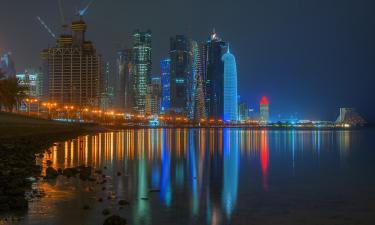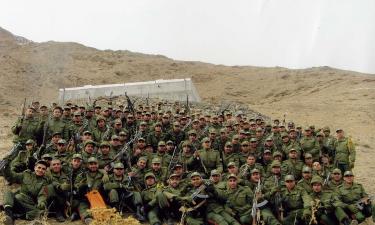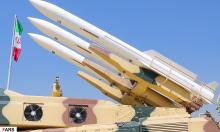Russian government to consider measures for supporting industrial exports on Thursday - 25 September, 2002
At its regular session on Thursday the Russian government intends to consider a package of measures aimed at supporting exports of industrial products, the Department of government information told a RIA Novosti correspondent.
At present Russia holds 17th place among the product exporters and is only 31st in service exports, as RIA Novosti learned in the economic development and trade ministry. Moreover, Russia mainly exports raw materials.
The Russian export pattern consists of the following: 24.8 per cent - oil, 9.5 - oil products, 17.9 - gas, 6 per cent - steel industry products, 5 per cent - copper, nickel and aluminium, 4.1 - precious stones and metals, 2.5 - timber, 1.6 - cellulose and paper products, 10.5 per cent - machines, equipment, etc.
At the same time the ministry's experts note that the market of exported services has reached $1.4 trillion over the last ten years. Export services in Russia, however, have decreased by 22 per cent, while in the world they have grown by 7 per cent. On top of all, losses of the Russian industry because of the increased competition amounted to $6 billion since 1997, while in export service Russia is losing $2 billion annually.
Besides, funds to support Russian exports have not been allocated in full since 1997, the ministry points out. The total loss of Russian exporters on antidumping procedures because of quotas introduced on their products in other countries equaled $2.3 billion annually. In 2001 Russian exports were limited at least on 120 positions, including supplies of steel and iron, chemical products, fertilizers, machinery, textile and clothes.
The government intends to implement a number of measures to support Russian exports, for example, to hold more intensive talks at the government level concerning the reduction of antidumping procedures and limitations of Russian exports, according to the ministry. It has been proposed to work out an information search system "Export opportunities of the Russian Federation." Among measures for supporting exports, the ministry names liberalization of the customs regime, as well as of the tax and currency spheres concerning the return of currency proceeds. Other proposals presented at the government session include the creation of export production zones and soon adoption of the law on free economic zones.
One of the ministry's trade-economic objectives is to join the World Trade Organization with future abolition of discriminating barriers.
Subscribe to Pravda.Ru Telegram channel, Facebook, RSS!





